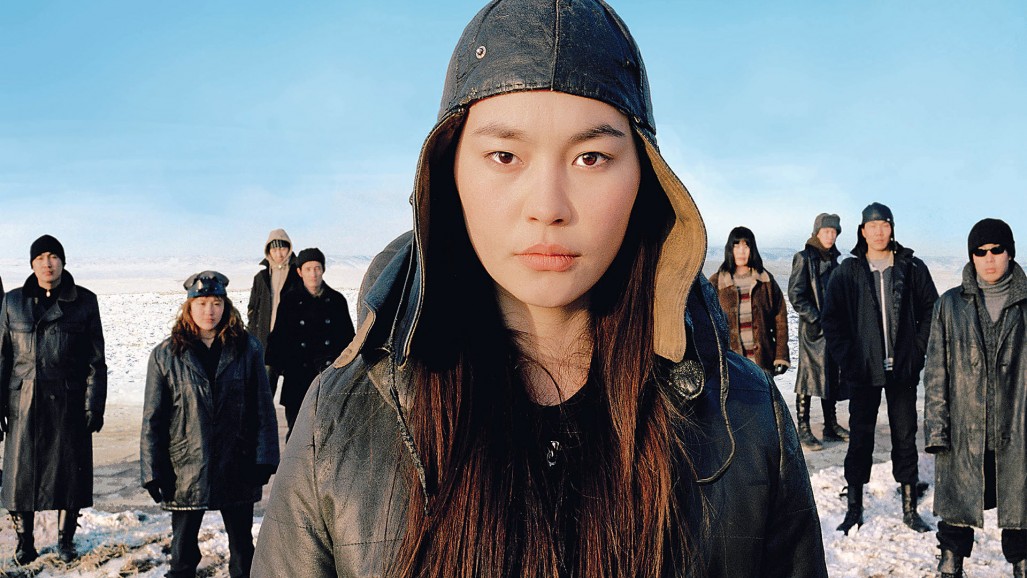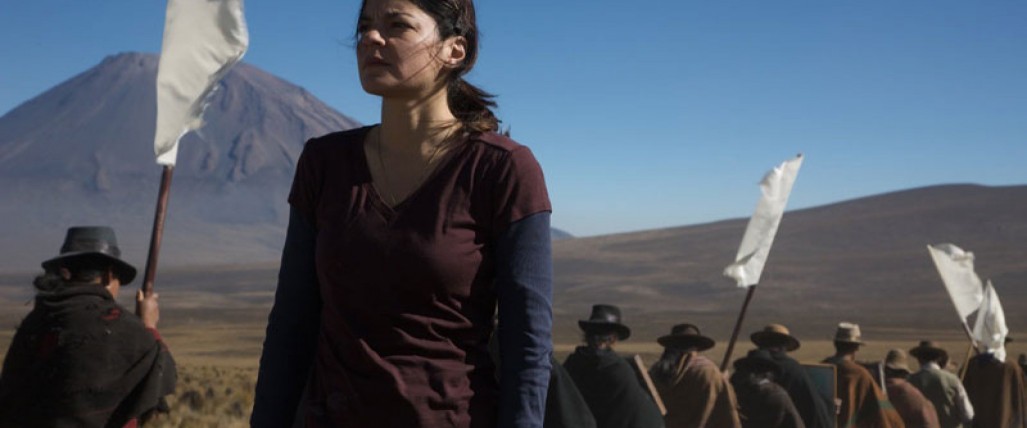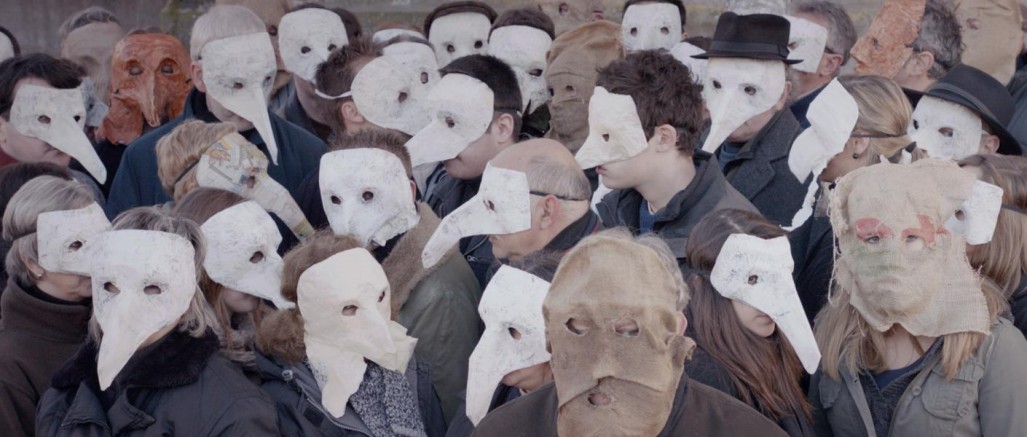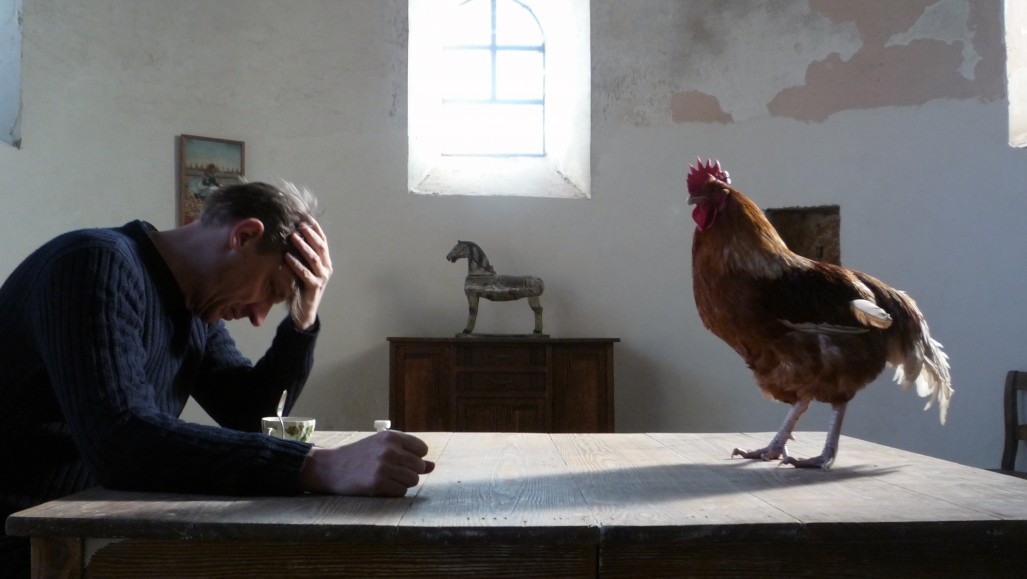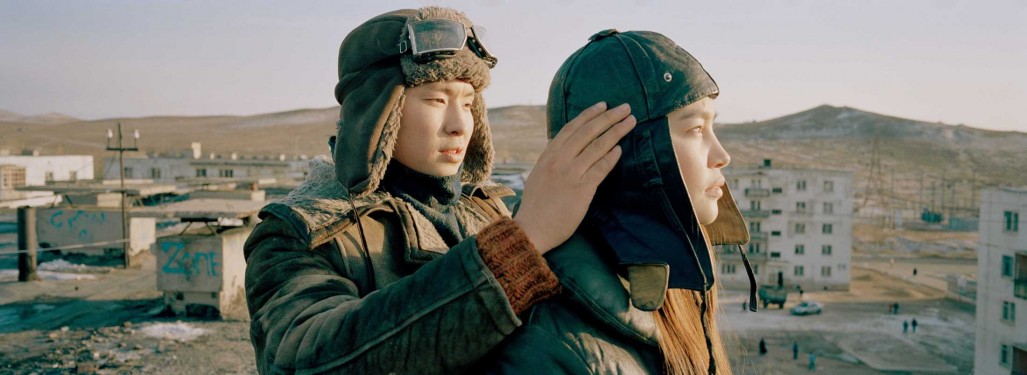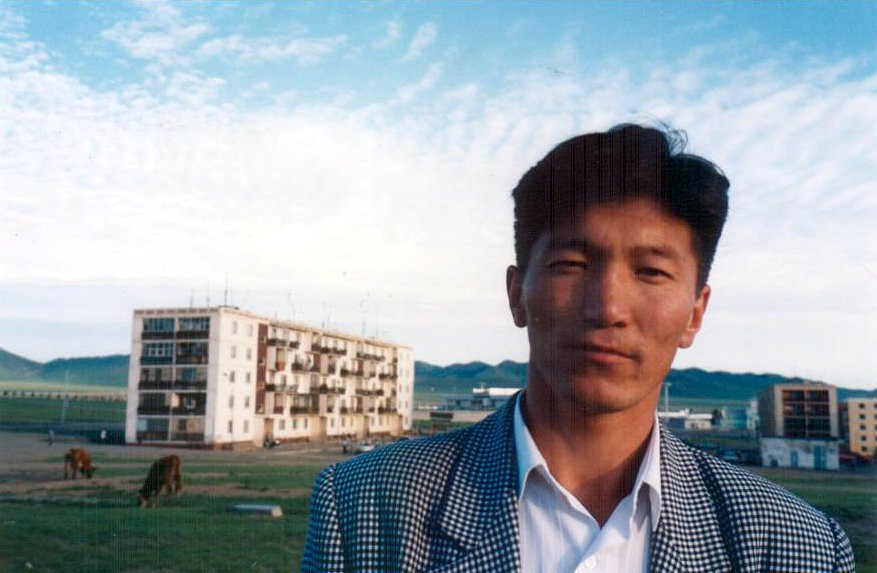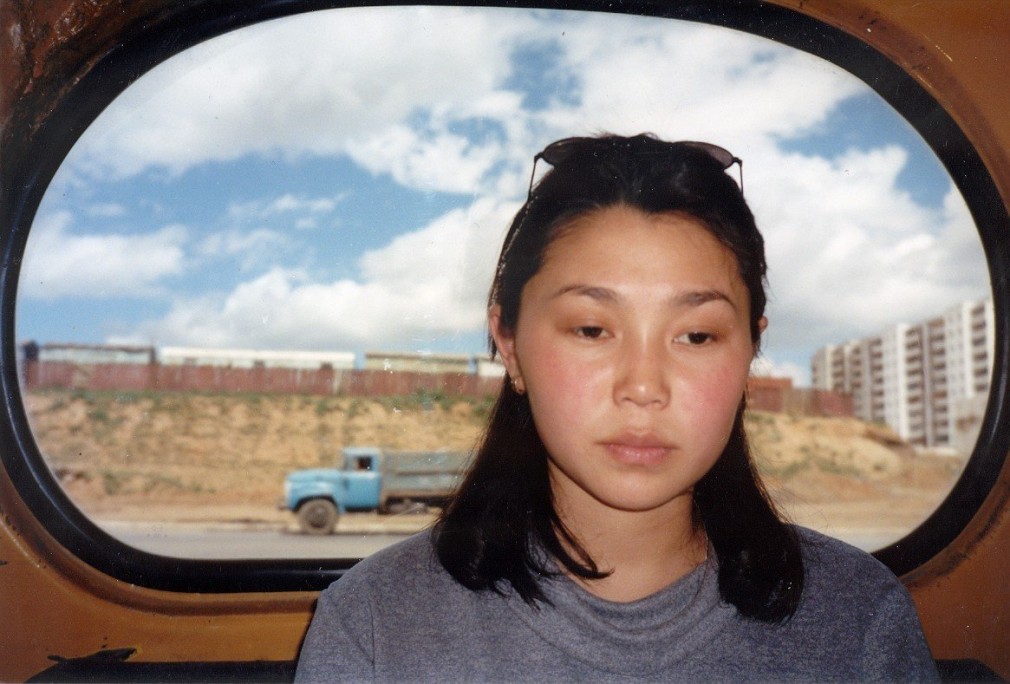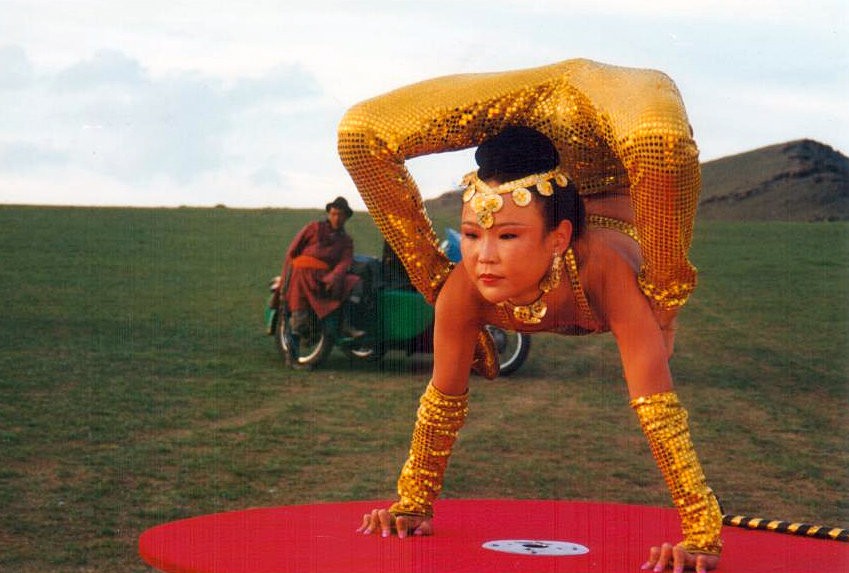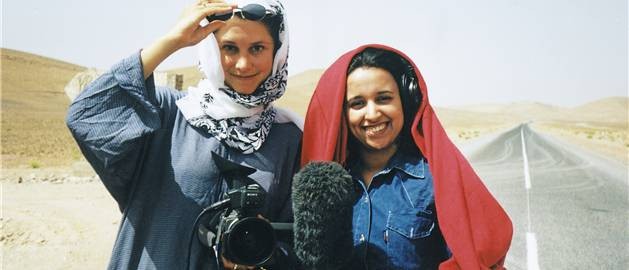Jessica Woodworth and Peter Brosens are both documentary filmmakers, whose common work received a most widespread acclaim for their three feature films of which they are both writers, directors and co-producers: "Khadak" (Venice 2006 - "Lion of the Future"), "Altiplano" (Cannes 2009 - Critics' Week) and "The fifth season" (Venice 2012 - International competition). Their films are shown at hundreds of festivals and have won dozens of prestigious awards. In 2006, Peter and Jessica were presented with the prestigious "Culture" award for cinema of the Flemish Community in Belgium. "The King of the Belgians" is their fourth feature film, whose premiere was in the competition program "Horizons" at the Venice Film Festival in 2016 and will open the 21st Sofia Film Fest on March 9 in Hall No.1 of National Palace of Culture.
Awarded with the "Lion of the Future" in Venice - "Khadak" (2006) is a poetic portrait of the sad reality in Mongolia - a mix of dreams and memories. The first feature film by Peter Brosens and Jessica Woodworth tells the epic story of Bagi - 17-year-old shepherd whose destiny is to become a shaman. The film is set in the frigid steppes of Mongolia. The country is overtaken by epidemic, from which the animals are dying. The herders are forced to move to desolate mining towns. There Bagi saves the life of a beautiful girl who is stealing coal. Together they find out that the rumors about the epidemic are false and the aim is to destroy nomadism and pastoral traditions.
Ambitious and visually impressive is their second film "Altiplano" (2009), presented in the Critics Week in Cannes. Filmed on three continents and in five languages, it tells the story of two women in mourning whose fates are intertwined. The film is created with impeccable sense of documentary reality, in combination with a more contemplative filmmaking style. The director of photography Francisco Gozo captures amazing images of piercing blue waters, snow-covered mountains and religious rituals that are part of everyday life in a place where spiritual values take precedence over the material world.
The winter of our discontent announces the end of the world in the "The Fifth Season" (2012). Mysterious disaster strikes a village deep in the Ardennes. Spring refuses to come. Nature's cycle is upside down. Alice, Thomas and Octave - three children from the village, try to find a meaning in the world that is crumbling around them. A visually impressive and full of symbols piece of filmmaking, it won the audience ovation at the International Competition in Venice and received the Green Drop and Young Cinema Award.
Filmed in the Mongolian capital Ulaanbataar, "State of Dogs" (1998) by Peter Brosens and Dordzhkandin Turmunk skilfully combines documentary with fiction in a fragmented, impressionistic and fabulous story of Baasar, a dog, which dies at the beginning of the film, shot by a hunter hired to handle the dog population. Yet a Mongolian legend says that a dog can be reborn as a human in its next life. Baasar roams in the memory of its life, uninterested in the benefits of human life. The film was shown in the Venice, Toronto and won the Grand Prize at the Festival Nyon Visions du Réel, Switzerland.
In the "The Virgin Diaries"(2002) by Jessica Woodworth, it all starts with a controversial kiss on the hand... Fatiha is about to marry a man, chosen long ago by her father for her husband. But her fiancé has views that shock her - he believes that according to Islam, even kissing a hand before marriage is forbidden. So Fatiha and her friend Jessica, an American exploring the Moroccan family law, decide to take a journey through Morocco in search of answers to questions related to virginity, sex and Islam.
Awarded with the "Lion of the Future" in Venice - "Khadak" (2006) is a poetic portrait of the sad reality in Mongolia - a mix of dreams and memories. The first feature film by Peter Brosens and Jessica Woodworth tells the epic story of Bagi - 17-year-old shepherd whose destiny is to become a shaman. The film is set in the frigid steppes of Mongolia. The country is overtaken by epidemic, from which the animals are dying. The herders are forced to move to desolate mining towns. There Bagi saves the life of a beautiful girl who is stealing coal. Together they find out that the rumors about the epidemic are false and the aim is to destroy nomadism and pastoral traditions.
Ambitious and visually impressive is their second film "Altiplano" (2009), presented in the Critics Week in Cannes. Filmed on three continents and in five languages, it tells the story of two women in mourning whose fates are intertwined. The film is created with impeccable sense of documentary reality, in combination with a more contemplative filmmaking style. The director of photography Francisco Gozo captures amazing images of piercing blue waters, snow-covered mountains and religious rituals that are part of everyday life in a place where spiritual values take precedence over the material world.
The winter of our discontent announces the end of the world in the "The Fifth Season" (2012). Mysterious disaster strikes a village deep in the Ardennes. Spring refuses to come. Nature's cycle is upside down. Alice, Thomas and Octave - three children from the village, try to find a meaning in the world that is crumbling around them. A visually impressive and full of symbols piece of filmmaking, it won the audience ovation at the International Competition in Venice and received the Green Drop and Young Cinema Award.
Filmed in the Mongolian capital Ulaanbataar, "State of Dogs" (1998) by Peter Brosens and Dordzhkandin Turmunk skilfully combines documentary with fiction in a fragmented, impressionistic and fabulous story of Baasar, a dog, which dies at the beginning of the film, shot by a hunter hired to handle the dog population. Yet a Mongolian legend says that a dog can be reborn as a human in its next life. Baasar roams in the memory of its life, uninterested in the benefits of human life. The film was shown in the Venice, Toronto and won the Grand Prize at the Festival Nyon Visions du Réel, Switzerland.
In the "The Virgin Diaries"(2002) by Jessica Woodworth, it all starts with a controversial kiss on the hand... Fatiha is about to marry a man, chosen long ago by her father for her husband. But her fiancé has views that shock her - he believes that according to Islam, even kissing a hand before marriage is forbidden. So Fatiha and her friend Jessica, an American exploring the Moroccan family law, decide to take a journey through Morocco in search of answers to questions related to virginity, sex and Islam.



